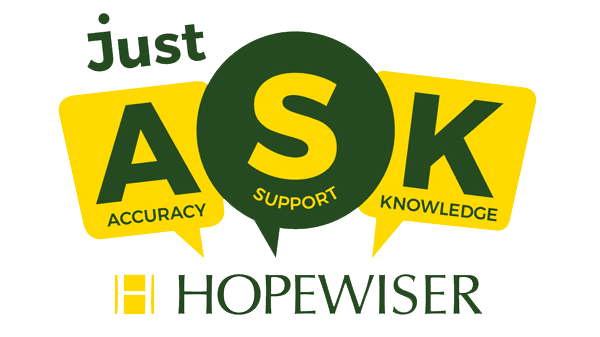If 2020 taught us anything, it was the importance of keeping things clean. We are all well versed in the need to wash our hands frequently, but are we equally attentive to the cleanliness of our data?
As we prepare to wave the kids off to school and kick-start the Autumn term, are you ready to make the most of the opportunities ahead?
Here are four questions that you can ask today that could make a difference to your business tomorrow.
1. Are your customers entering their own address data?
The growth of online shopping means that more customers are entering their own address details and they make mistakes. Sometimes just small errors, but they can lead to rejected deliveries, returns, and re-deliveries. These are all costs your business can do without. Not to mention the increased admin that goes with it all.
The answer is simple. Online address validation, verified by the Royal Mail Postcode Address File, ensures the address entered at the checkout is the right one. It will give you confidence that when your parcel goes out, it will arrive in the right place.
Address validation solutions can be built into your existing systems easily. Plugins and integrations mean that your online systems can be quickly and simply updated. There is no excuse for you to be allowing customers to enter their own unverified addresses in 2021.
If you would like to know more, there is a lot of information in our free Data Accuracy report.
2. Is your AutoComplete working correctly for you?
If you are using address verification, you may be using an AutoComplete solution. But not all solutions are the same. You need to ask whether your AutoComplete function is right for your needs.
Firstly, don’t confuse predictive systems with the accuracy of a genuine AutoComplete. A predictive engine will return the most popular or common phrases, whereas an accurate AutoComplete function will match what has been typed to a list, using the information provided to return the most likely match.
Secondly, beware of geolocation bias when using AutoComplete. You do not want a best guess based on where you are. The AutoComplete function should be location neutral.
And finally, don’t use Google for accurate address matching. We have covered this before in another article (We Don’t Sell Toasters). If you want more information about AutoComplete, you can read our white paper on the subject.
3. Is your data siloed?
This is still a big issue and one that is creating problems for organisations of all sizes. When a company holds its data in several different locations, or silos, it can create confusion. Often these silos will contain the same data records but with different content.
It can lead to old data being used to contact customers. Or sales data analysis being flawed, because it does not include all interactions with a customer.
In addition, when cleaning and updating records, siloed data will mean costs are duplicated as several different databases will need to be processed.
The answer is to establish a ‘single source of truth’ – one comprehensive database that all areas of the business can access and update, which can be cleaned regularly. You can read more about this in our Single Source of Truth report.

4. How old is your data?
It is a difficult issue to address, but it is estimated by the Office for National Statistics that were 85,000 excess deaths last year, taking the total to 697,000. This 14% increase makes it the largest rise in excess deaths for more than 75 years.* We always recommend that you clean your data against various sources on a regular basis, but this year, cleaning your data against the deceased data is obviously very important.
It is not all about deceased data; although house moves were down, the Royal Mail added more than a quarter of million new addresses to the UK Postcode Address File.
This tells us that the UK address data landscape is still constantly changing. It is imperative that you keep your data clean and check it regularly against the relevant data sources. If you want to know more about these data sources, you can read our free data sources guide.
Do you have any more questions about address data? We’re here to help.

Accuracy, Support and Knowledge are at the heart of everything we do at Hopewiser.
Accuracy: Our rules-based solutions and services intelligently assess and match each address – that’s why our accuracy is trusted by High Street Banks, Police Forces, and commercial organisations of all sizes.
Support: The support we provide to our customers is backed by the specialists that have written the software in-house. This means you get access to their expertise. Our customers regularly praise the support team for its speed of service and problem solving capabilities.
Knowledge: We created the first address data software in 1982 and the sheer amount of data we have processed in that time sets us apart from everyone else in the market. So, if we do things a little differently from others, it might be because we have information they don’t.
, updated 15th February 2023.




